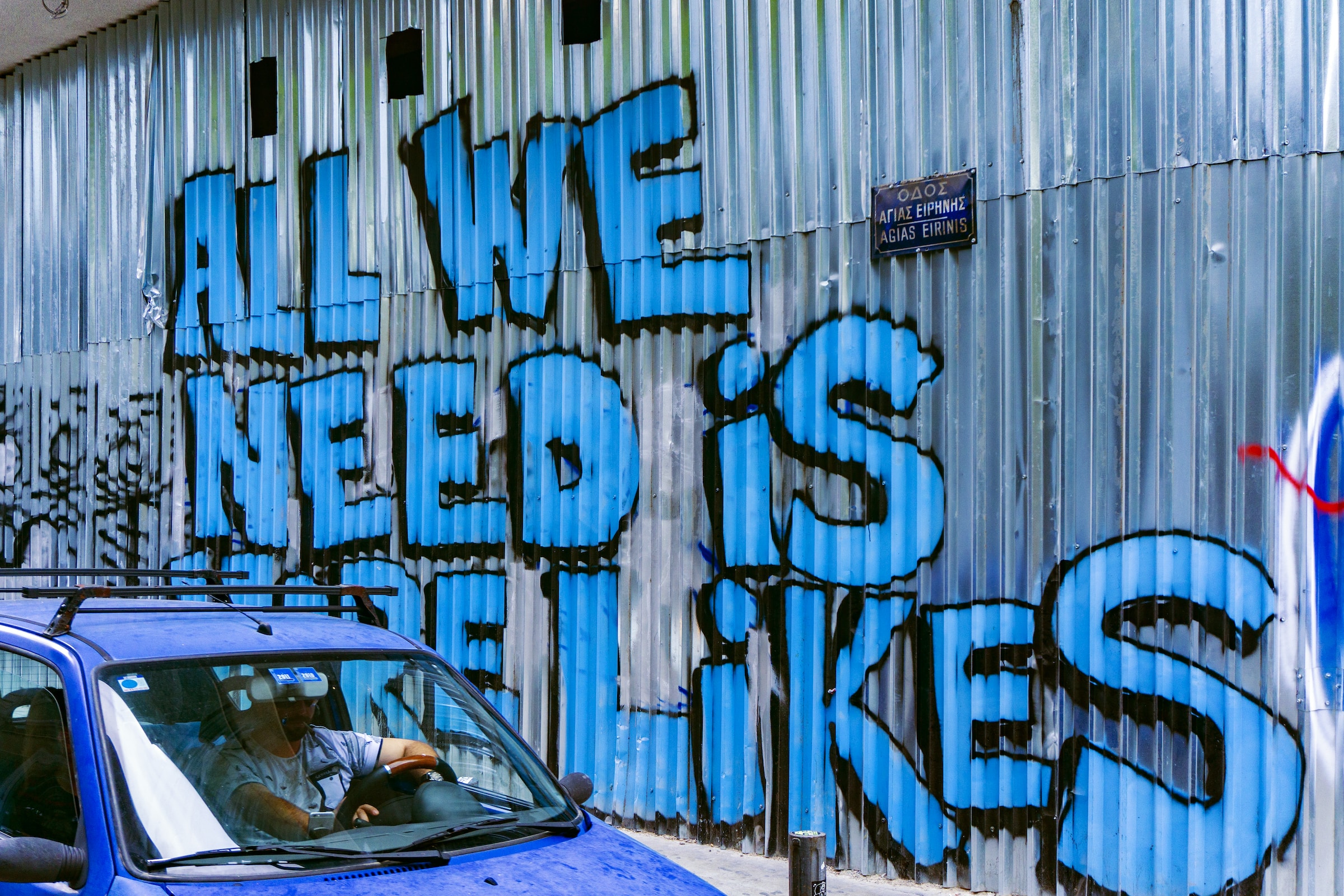 With the mandate of the Internet Governance Forum (IGF) up for renewal in December this year, the 10th annual IGF taking place this week in João Pessoa, Brazil, is happening at an interesting time for the future of the Internet governance landscape. While ongoing deliberations seem to support the extension of the IGF’s mandate for another ten years, there will only be certainty about the IGF’s future at the World Summit on the Information Society (WSIS)+10 High Level Meeting in New York, a UN-led review of the progress made on internet governance issues in the decade since WSIS.
With the mandate of the Internet Governance Forum (IGF) up for renewal in December this year, the 10th annual IGF taking place this week in João Pessoa, Brazil, is happening at an interesting time for the future of the Internet governance landscape. While ongoing deliberations seem to support the extension of the IGF’s mandate for another ten years, there will only be certainty about the IGF’s future at the World Summit on the Information Society (WSIS)+10 High Level Meeting in New York, a UN-led review of the progress made on internet governance issues in the decade since WSIS.
In the first of a series of posts on the WSIS+10 process, Markus Kummer, (who played a role in the creation of the IGF ten years ago, served as the first head of the IGF Secretariat and is currently an adviser to the Chairman of the IGF’s multi-stakeholder advisory group (MAG)), shares some reflections on the achievements of the IGF and explains why the existing model of the IGF, and its mandate, should be renewed.
Ten years ago, the WSIS in Tunis ended a long struggle for supremacy in cyberspace. A kind of truce was reached between those who wanted governments to run the Internet and those who preferred the organically-grown distributed governance arrangements which build on the underlying technology of the Internet as a network of networks. WSIS did not, however, mark the end of the debate – it was in fact just the beginning of what has become a debate on the future of the Internet, and ultimately on what kind of information society we want: open or government-controlled. WSIS was significant because it was the first major UN-sponsored conference to discuss information and communication technologies (ICTs) and Internet governance.
The debate since Tunis has grown in importance because the Internet has also grown in importance. WSIS was held in two phases the first in Geneva in 2003 and the second in Tunis in 2005. Between these two phases, the number of Internet users passed the 1 billion mark. Now, ten years on, there are 3 billion Internet users, and many applications that were in their infancy in 2005 are now part of users’ everyday online life. As the Internet gains economic, social and political weight, the more attention governments pay to how it is governed.
Accordingly, a review process, ‘WSIS+10’, is currently underway at the UN. Among other things, the purpose of this process is to try to establish consensus on the kind of Internet – and by extension the kind of society – we want. This process will ultimately decide the future of the IGF, and it is therefore of fundamental importance. At the same time, the Internet community (including actors from the technical community, private sector, governments, intergovernmental organizations, civil society organisations and academia) are engaged in a collaborative process to agree on a proposal for how to replace the residual authority of the United States over the Internet Assigned Numbers Authority (IANA) functions – the functions that make the Internet work. This authority is in the process of transitioning away from U.S. oversight to something more global, involving a broader range of stakeholders.
It was arguably this role – until now held by the U.S. – that sparked the discussion about Internet governance in the context of WSIS. The decision by the Summit to request that the UN Secretary-General convene a new forum for policy dialogue resulted in the establishment of the IGF. That this decision was ever taken is remarkable in itself: heads of state and government gave up part of their decision-making prerogative and invited other stakeholders such as civil society, private sector organisations and the technical community to participate as equals in the follow-up to the Summit. The IGF has no members, but rather operates as an open platform through which participants from various stakeholder groups meet as equals to debate public policy issues related to Internet governance.
The IGF has been at the centre of the complex Internet governance debate that has taken place since WSIS. Its mandate is very broad and allows for discussion of almost any policy subject related to Internet governance, ranging from cybersecurity issues, privacy or human rights to future governance challenges related to the Internet of Things. It facilitates dialogue between two different cultures: on one hand, the private sector and Internet community with their informal processes and culture of ‘rough consensus’; and on the other, the more formal, structured world of governments and intergovernmental organisations. It was not meant to replace any existing institutions, nor to become a new international organisation with decision-making power. (In this sense, it is a highly unique platform).
Instead, it was conceived as a platform where Internet policy issues could be addressed via shared experiences and information exchange. It has proven its worth through the organisation of the annual gathering of people who would not normally meet. Since its first meeting in Athens in 2006, the IGF has matured. From 2006 to its current meeting in Brazil, the IGF has continuously evolved and the quality of the dialogue has progressively improved. For those who attended the 2006 meeting, the discussions held in Bali in 2013 or during the past week in Brazil would have been unimaginable. These meetings dealt with highly controversial issues, such as government surveillance and net neutrality, in a climate of mutual trust. There is general agreement that the IGF’s unusual governance structure was precisely the factor that made it the preferred place to pursue these sorts of discussions.
While the IGF may not have decision-making powers, it does inform and inspire those organisations that do. This characteristic should not be seen as a weakness, but rather as a strength. By utilising this kind of ‘soft governance’ approach, the IGF can shape and inform the decision-making processes of other institutions (including governments and intergovernmental organisations), and can prepare the ground for negotiations taking place elsewhere. In this way, by identifying issues of concern and putting them on the international policy agenda, the IGF does, in fact, have substantial influence.
Over the years, the IGF has evolved and engaged in work between its annual meetings. Such work includes setting up best practice forums which have considered issues as diverse as spam, online security and online abuse and gender-based violence against women and girls. This year, one stream of activity will be devoted to how to bring the next billion Internet users online. Reports on these initiatives help those involved in Internet policy discussions to agree about how to maximise the opportunities afforded by the internet, and to address potential risks. For example, the report produced last year on Establishing and Supporting Computer Security Incident Response Teams (CSIRT) for Internet Security was used by the Government of Serbia as a template for setting up its own national Computer Security Incident Response Team.
I believe the IGF remains as necessary as ever. It is the only truly open and inclusive platform under a UN umbrella. The IGF protects the multistakeholder model of governance by preventing discussion moving into the kind of intergovernmental setting that would traditionally be expected of a body with this kind of remit. The fact that the Secretary-General of the UN serves as its convener gives it legitimacy, while its open and inclusive approach to discussion also lends credibility. Its mandate needs to be renewed.
This blog gives the views of the author, and does not represent the position of the LSE Media Policy Project blog, nor of the London School of Economics.





1 Comments